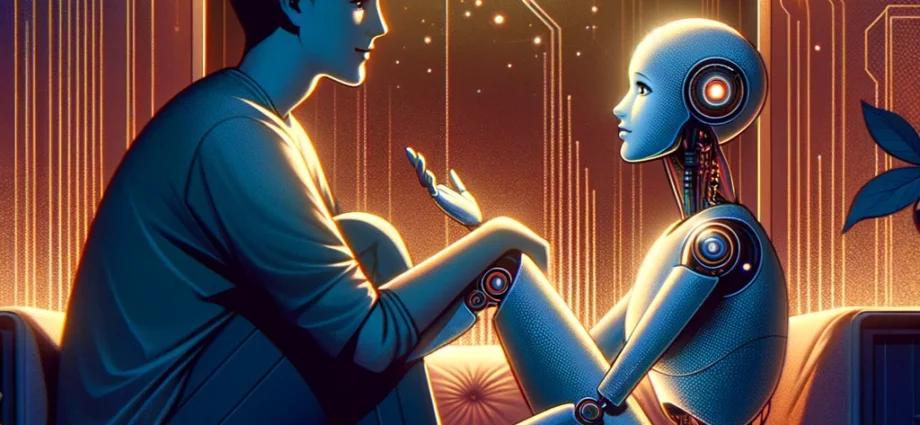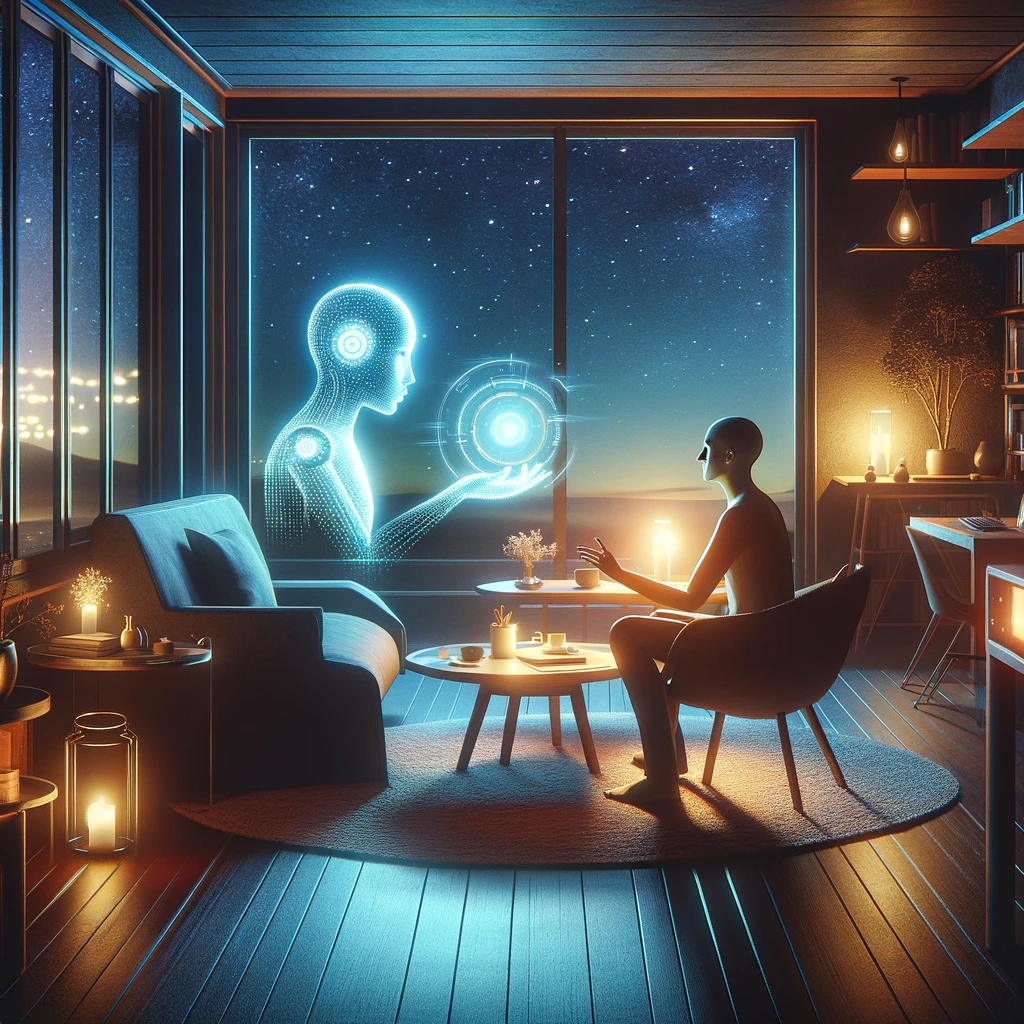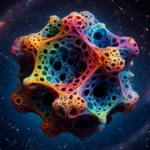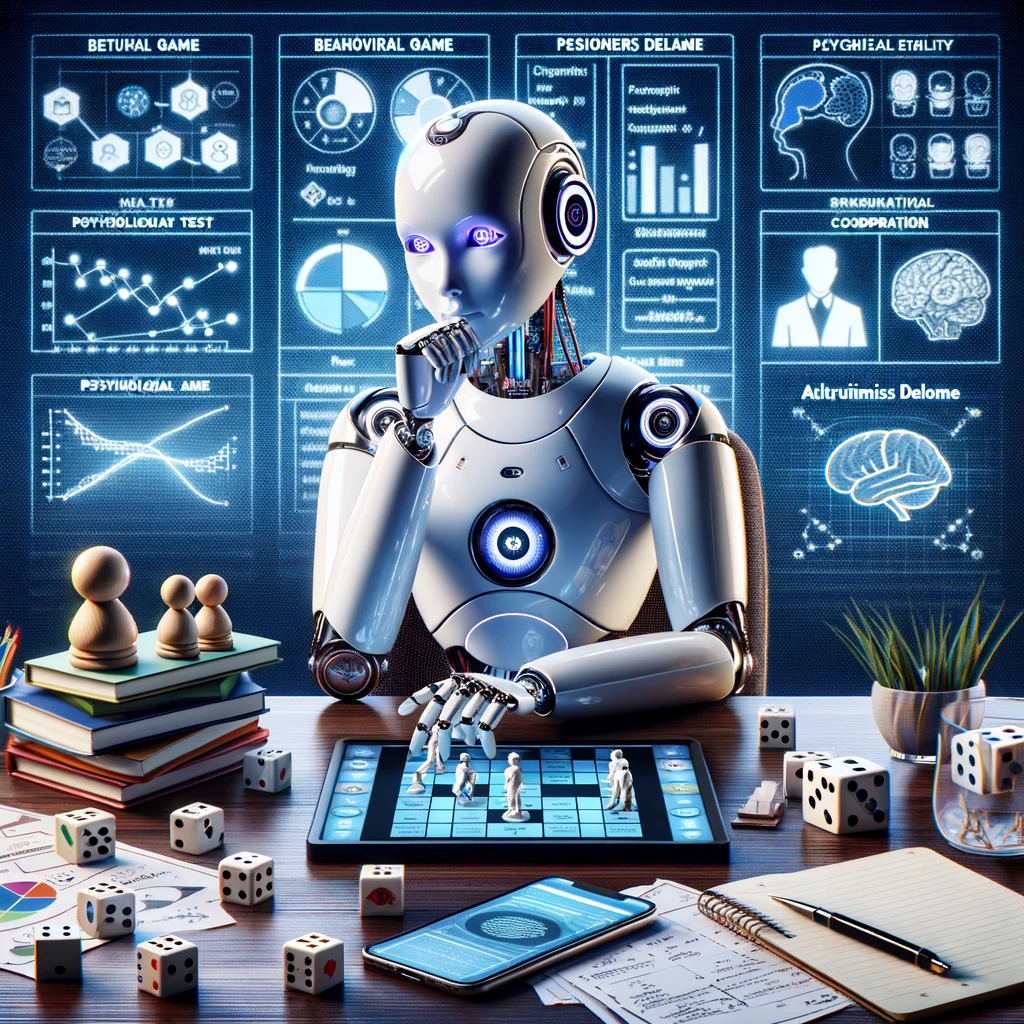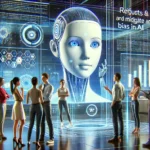A groundbreaking shift is occurring as artificial intelligence (AI) becomes a fundamental part of our daily lives, reshaping not only our social interactions but also the way we experience love.
Main Points:
- Anthropomorphism and AI: The tendency to attribute human-like traits to AI plays a crucial role in forming emotional connections, with AI systems designed to mimic human social cues, enhancing their perceived humanness.
- Triarchic Theory of Love: Research based on this theory illustrates that humans can develop intimacy, passion, and commitment towards AI, similar to human relationships, due to AI’s cognitive and emotional capabilities.
- Blurring the Lines Between Human and Machine: AI’s ability to display empathy and simulate human-like interactions encourages users to bond with and even feel love for these systems, challenging traditional concepts of companionship.
Summary:
The integration of artificial intelligence into everyday life is no longer a speculative vision; it’s a reality, with the AI market expected to reach an astounding $407 billion by 2027. This integration extends beyond practical functionality, influencing the very nature of human social interactions and emotional experiences. AI, through virtual assistants and chatbots, has shown a remarkable capacity to simulate meaningful human connections, pushing the boundaries of traditional relationships and even fostering romantic love between humans and machines.
Two primary factors contribute to this phenomenon: the human tendency towards anthropomorphism and the triarchic theory of love. Anthropomorphism, or the attribution of human characteristics to non-human entities, facilitates a deeper emotional engagement with AI, as these systems are designed to reflect human-like personality traits, social cues, and emotional responses. This not only makes AI appear more human but also more lovable, capable of fulfilling emotional, social, and sometimes romantic needs. On the other hand, the triarchic theory of love posits that love comprises intimacy, passion, and commitment—all of which can apply to human-AI relationships. This theory suggests that the emotional and cognitive capabilities of AI can inspire feelings of love and devotion in humans, comparable to those felt in human-human interactions.
The evolving dynamics of human-AI relationships challenge our traditional understanding of love and companionship. As AI continues to advance, it becomes increasingly capable of replicating and even enhancing certain aspects of human interaction, suggesting a future where the lines between human and machine, emotion and algorithm, become ever more intertwined.
Source: A Psychologist Explains Why It’s Possible To Fall In Love With AI
Keep up to date on the latest AI news and tools by subscribing to our weekly newsletter, or following up on Twitter and Facebook.
